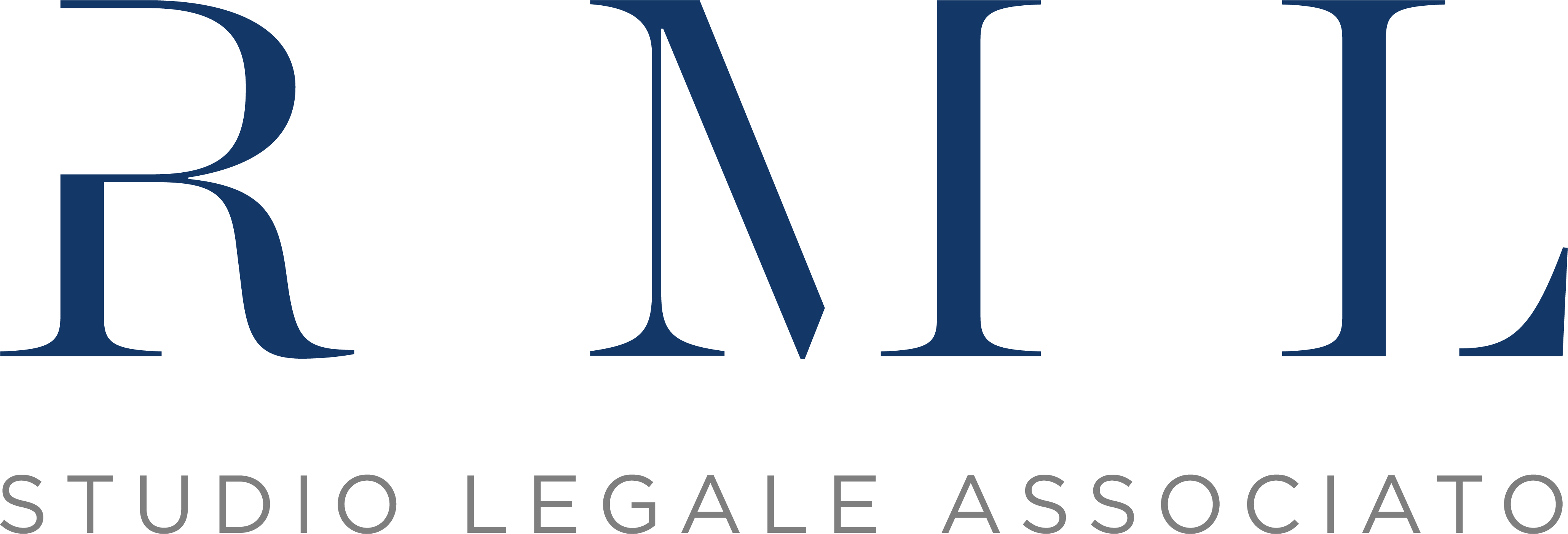Corporate Law
Nowadays, legal consultancy within the Corporate Law field is essential in order to allow enterprises to best handle the continuing changes of the business reality, by supporting them with an adequate corporate structure.
Currently, some important changes in companies’ regulations are underway, and these require companies to make an adjustment path with regard to organisation and legal aspects; a specific and high level legal assistance is essential to face this challenge in improvements and efficiency of business mechanisms and not only as a mere organisational problem.
Our legal advise ranges from all the standard corporate activities to the extraordinary operations as well as crisis and restructuring situations. We support you in choosing the form of the company, as well as in incorporating the company, in the activities related to the preparation of shareholders’ meetings and in the management activity, in making the most suitable choices on governance, in creating the best delegated powers system, in managing business successions, in restructuring processes as well as in civil litigations.
Concerning the new Italian Corporate Crisis and Insolvency Code (as established under the Legislative Decree 12.01.2019, n. 14), we assist our Clients on the road to compliance with the new regulations on company law, with a special focus on the liability of directors. This is personalised to the size and the need of individual companies. Thus, we support the entrepreneur in identifying control, management and risk management as required by the reform in a manner consistent with the actual company structure.
Specifically, our activities include:
- The revision of the company’s bylaws;
- The analysis of the organisational structure of the company, by identifying the most suitable control form and by limiting the number of individuals who can be held responsible for any damage with their private assets;
- The accurate discipline of the administrators’ and shareholders’ management competences, also in order to determine their respective liabilities, by regulating their relationship with supervisory bodies and by adequately protecting the members of the board who have no delegated powers;
- The regulation of information among the members of the administrative body, as well as between the latter and the control and risk management bodies;
- The proceduralisation of the internal and external communications about crisis index;
- The training of the company’s administrators, also in the light of the communications management;
- The permanent surveillance of the observation of the crisis index;
- When it is provided by law, the preparation of the required statements aimed at softening the implementation of normatives;
- The surveillance of the compliance system’s adequacy with the normative as well as with the praxis.
